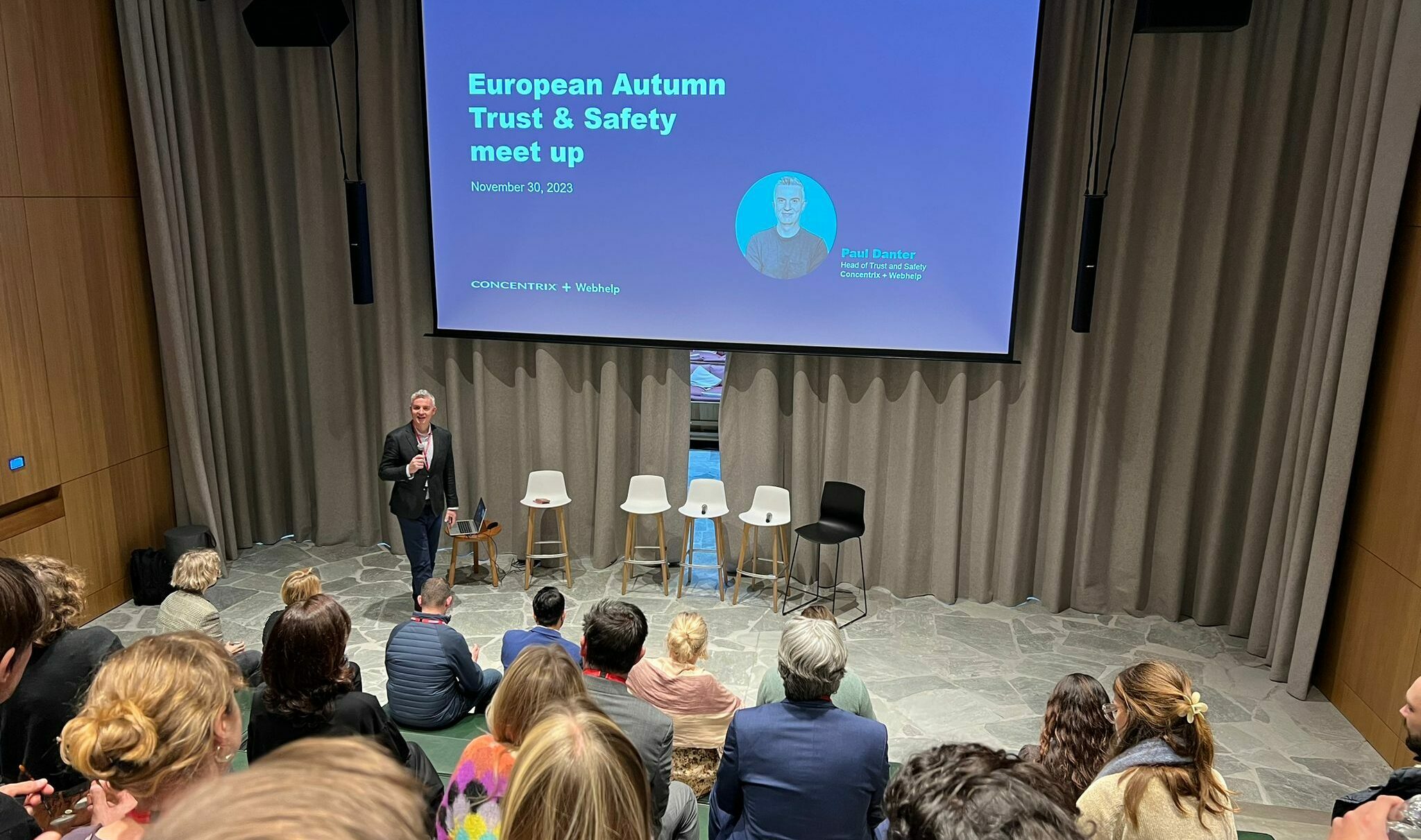I sometimes attend conferences and events that are still just focused on the catch all strategy ‘outsourcing’. Of course, ten or fifteen years ago there was a fierce debate about the outsourcing of customer service processes because clients felt that the service experience was too close to their core to outsource and suppliers argued that they could do it better so it makes sense.
But time has moved on so much. Now, I believe that there is such a change in the way that customers behave it is almost impossible for a single brand to manage every aspect of an omnichannel strategy without the help of expert partners. In fact, I believe there are three big strategic shifts that have changed how outsourcing and partnerships work today:
- Changing communication patterns: the explosion in the use of smart phones with mobile Internet access has led to customers expecting to have access to information such as price comparisons, reviews, customer comments, and the ability to publish their own views. They expect to be able to engage with brands the way that they engage with each other – not be forced to use a specific channel at a specific time of day. Can you imagine asking a client to call a fixed line number during 9am-5pm now and suggesting that this is the only way to reach the service team?
- Multichannel complexity: As with the communication changes, social networks have created an explosion in channels where customers can talk about brands and products. They are doing it and if they are not answered then they feel ignored – even if a query was not addressed directly at the brand. The discussion, praise, comment, and complaint the form brand engagement needs to be found and the brand has to interact in the places where the customers want to be. This adds a layer of technological complexity because customers do not come to you – you need to find them.
- Supply Chain: the way customers behave is changing the internal function of many companies – particularly in areas like retail. Click to collect, ordering online for store collection, returning goods in-store that were bought online. All these processes are changing how the entire supply chain needs to be managed internally and this is entirely because the customer expectations have increased.
Getting the customer experience right today is not only transformative for a business it is about survival. Customers are footloose. They now expect companies to engage and behave this way and it doesn’t mean just answering a few tweets. Genuine interaction is tough, particularly when you try to plan a complete omnichannel strategy that encompasses all present and future channels.
As a general business strategy, outsourcing has often been used as a catalyst for transformation. It makes sense. It’s easier to reshape a business when you are bringing in an outside partner to take over various functions than when you are just juggling internal functions. But in sectors like retail there has been such a reshaping of the internal business – the value chain – and the external communications that getting interactions with customers to work well today requires a partnership. For all these reasons above, it works better by bringing the experts together.
So I think we will see this transformative approach across the board. Companies will use the power of technology to get better insights into their customers with experts who might be working inside their headquarters, but might be on another payroll, and what is the end result?
Customers who love engaging with the brand – that’s what we all want to see. Transformative outsourcing – even just outsourcing – needs to be renamed to transformative partnerships because there is a new way of working that is symbiotic and relies on the skills of the supplier helping the client to succeed.
Transformative partnership is the real future.
Do you agree that this approach will be adopted across the board? Let me know in the comments below, or connect with me on LinkedIn to continue the discussion.

![[Fashion] Choosing the right partners to grow your business in 2024, at a time when trust is fragile](https://media.webhelp.com/wp-content/uploads/2023/12/21090253/Office-Showcase-2.png)


